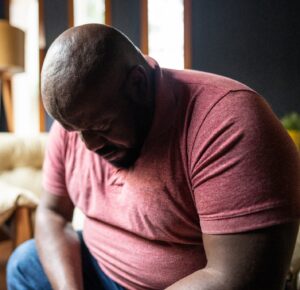FAQs About Depression
What Are the Different Types of Depression?
There are several types of depressive disorders, including:
- Major depressive disorder
- Persistent depressive disorder (dysthymia)
- Postpartum depression
- Seasonal affective disorder
- Bipolar disorder.
It’s important to receive an accurate diagnosis from a mental health professional to determine the specific type of depression and develop an appropriate treatment plan.
How Long Does It Take for Depression Treatment to Start Working?
The timeline for seeing improvement can vary, but many people begin to experience some relief from symptoms within 4 to 8 weeks of starting treatment, whether through medication, psychotherapy or a combination approach. It is important to be patient and consistent with your treatment plan, as it may take several months to experience the full benefits.
Can Depression Be Cured, or Is It a Lifelong Condition?
Depression is often highly treatable, and many people recover fully from their depressive episodes. However, for some individuals, depression can be a recurring or chronic condition that requires ongoing management and treatment. The course of depression can vary greatly from person to person, which is why it’s crucial to work closely with a mental health professional to develop an effective long-term treatment strategy.
Is There a Link Between Depression and Other Mental Health Conditions?
Yes, depression frequently co-occurs with other mental health disorders, such as anxiety disorders, substance abuse disorders and certain personality disorders. It’s important to address all co-occurring conditions as part of a comprehensive treatment plan, as they can often exacerbate each other’s symptoms.
Can Children and Teenagers Also Experience Depression?
Absolutely. Depression can affect people of all ages, including children and adolescents. In fact, it’s estimated that around 3% of children and 8% of adolescents experience depression. It’s crucial to recognize the signs of depression in young people and seek professional help, as early intervention can be especially beneficial in managing and treating the condition.





